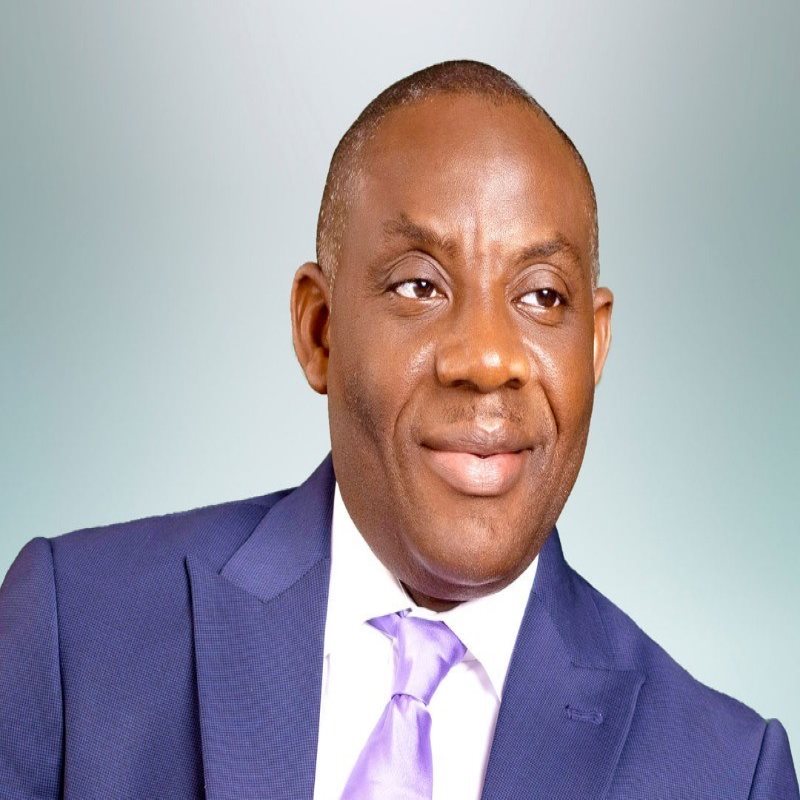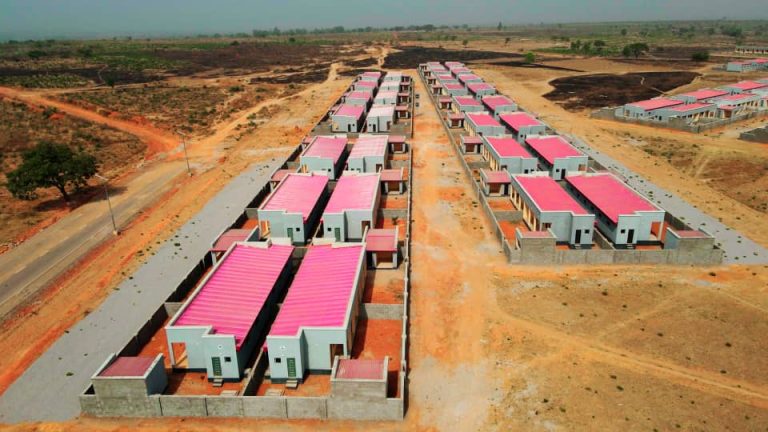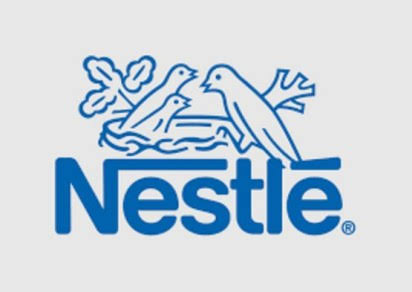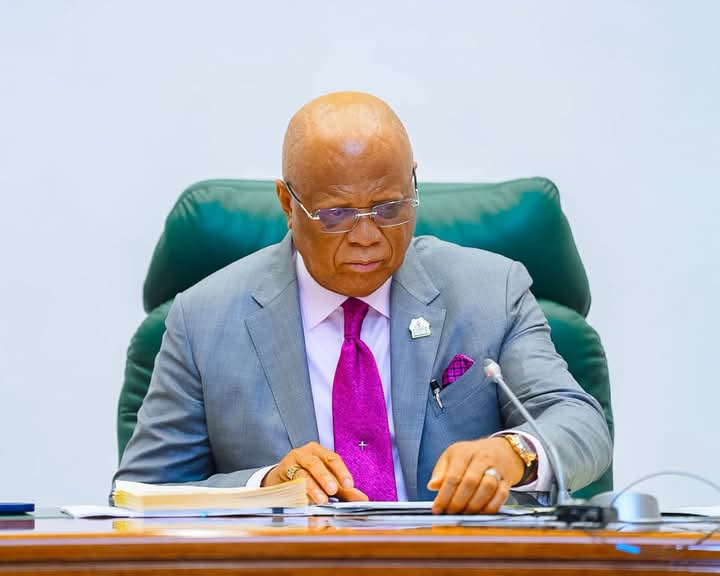
By Emmanuel Aigbe
The Nigerian government has been considering various e-learning and Learning Management System (LMS) platforms to enhance digital education in the country. One such platform is Anthology Blackboard, a well-known LMS used by institutions worldwide. However, there are several reasons why the government should reconsider choosing these platforms over better and more cost-effective alternatives.
High Cost of Implementation and Maintenance
Anthology Blackboard is a premium LMS that comes with significant licensing and maintenance costs. For a country like Nigeria, where the education sector struggles with underfunding, infrastructure deficits, and limited access to technology, investing in an expensive platform may not be the best use of resources. More affordable alternatives, such as Moodle, Google Classroom, and Canvas, offer similar features at little to no cost.
Limited Customization and Local Adaptation
Nigeria’s unique educational system requires an LMS that can be easily customized to suit the local curriculum, policies, and learning styles. Open-source alternatives like Moodle allow institutions to modify the system to meet their needs, unlike Blackboard, which has strict licensing limitations and less flexibility in customization.
Dependence on Foreign Technology and Data Security Risks
Relying on a foreign-owned LMS like Blackboard means that Nigerian educational data will be stored on external servers, potentially in another country. This raises data sovereignty and security concerns, as sensitive information about students and faculty could be exposed to foreign surveillance or cyberattacks. Nigeria should prioritize a solution that ensures local data hosting and control, such as indigenous LMS solutions developed by Nigerian tech companies.
Accessibility and Ease of Use
Many Nigerian students and teachers lack stable internet access and digital literacy. Blackboard’s complex interface and high bandwidth requirements could make it difficult for users in rural areas to access learning materials. In contrast, lighter and mobile-friendly alternatives like Google Classroom or Moodle provide a simpler user experience and better accessibility on low-end devices.
Integration with Existing Educational Systems
For an LMS to be effective, it must integrate seamlessly with Nigerian universities’ existing systems, such as student portals, examination platforms, and research databases. Blackboard’s proprietary nature makes integration more difficult and costly, while alternatives like Canvas and Moodle support open-source API connections, making them easier to integrate with Nigerian institutions’ existing platforms.
Sustainability and Long-Term Investment
The Nigerian government should invest in homegrown technology rather than depend on foreign solutions that may increase financial burden in the long run. By supporting local developers and ed-tech startups, Nigeria can build an LMS tailored to its needs while creating jobs and boosting the local tech industry.
Conclusion
While Anthology Blackboard is a popular LMS, it is not the best choice for Nigeria’s education system due to its high cost, data security risks, lack of flexibility, and limited accessibility for rural users. Instead, the government should consider more affordable, customizable, and locally adaptable solutions like Moodle, Canvas, or even invest in a Nigerian-made LMS. Prioritizing these alternatives will ensure a sustainable and inclusive digital learning environment for all students.
—-Mr. Emmanuel Aigbe is an experienced IT consultant and digital brand strategist with expertise in website development, graphic design, and e-learning solutions. As the founder of JBD Technology Solutions, he has successfully designed and deployed multiple Learning Management Systems (LMS) for universities in Nigeria and the United States, utilizing platforms such as Moodle and other advanced LMS applications to enhance digital education.




